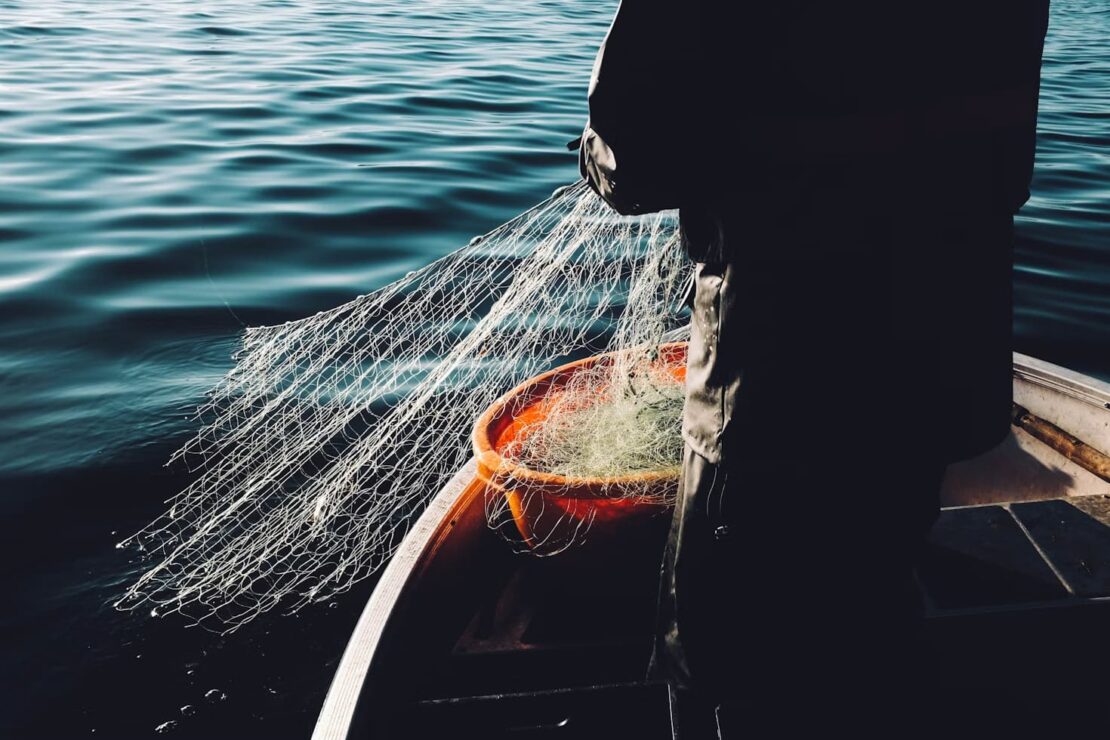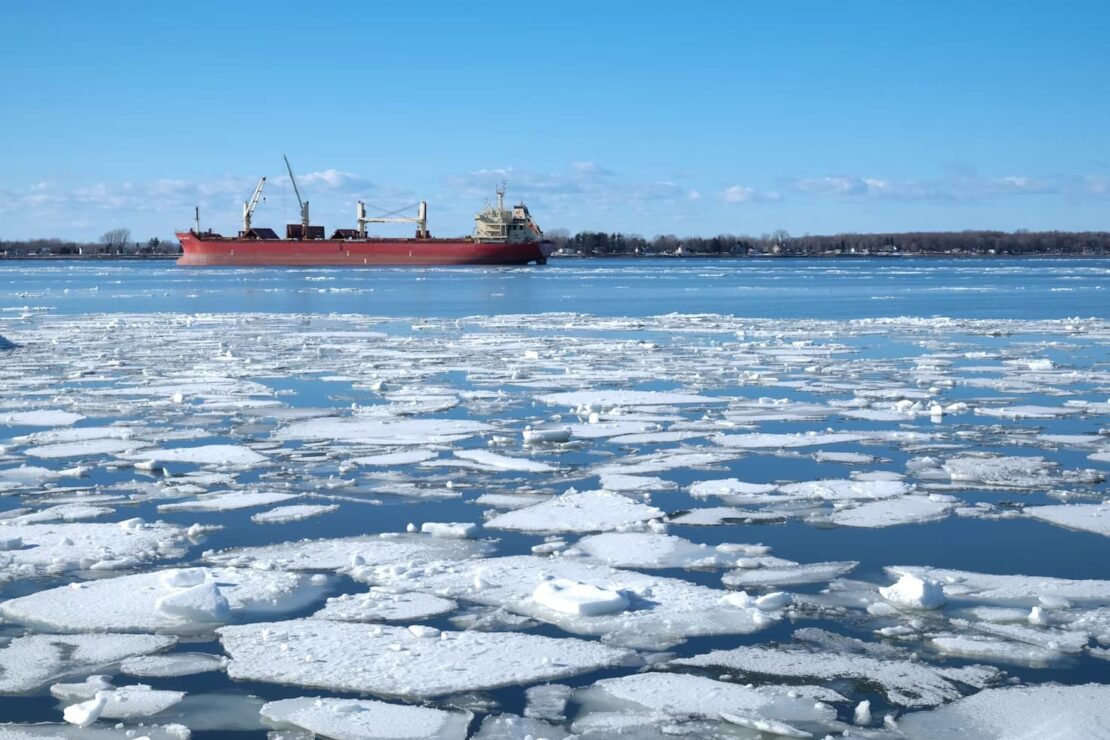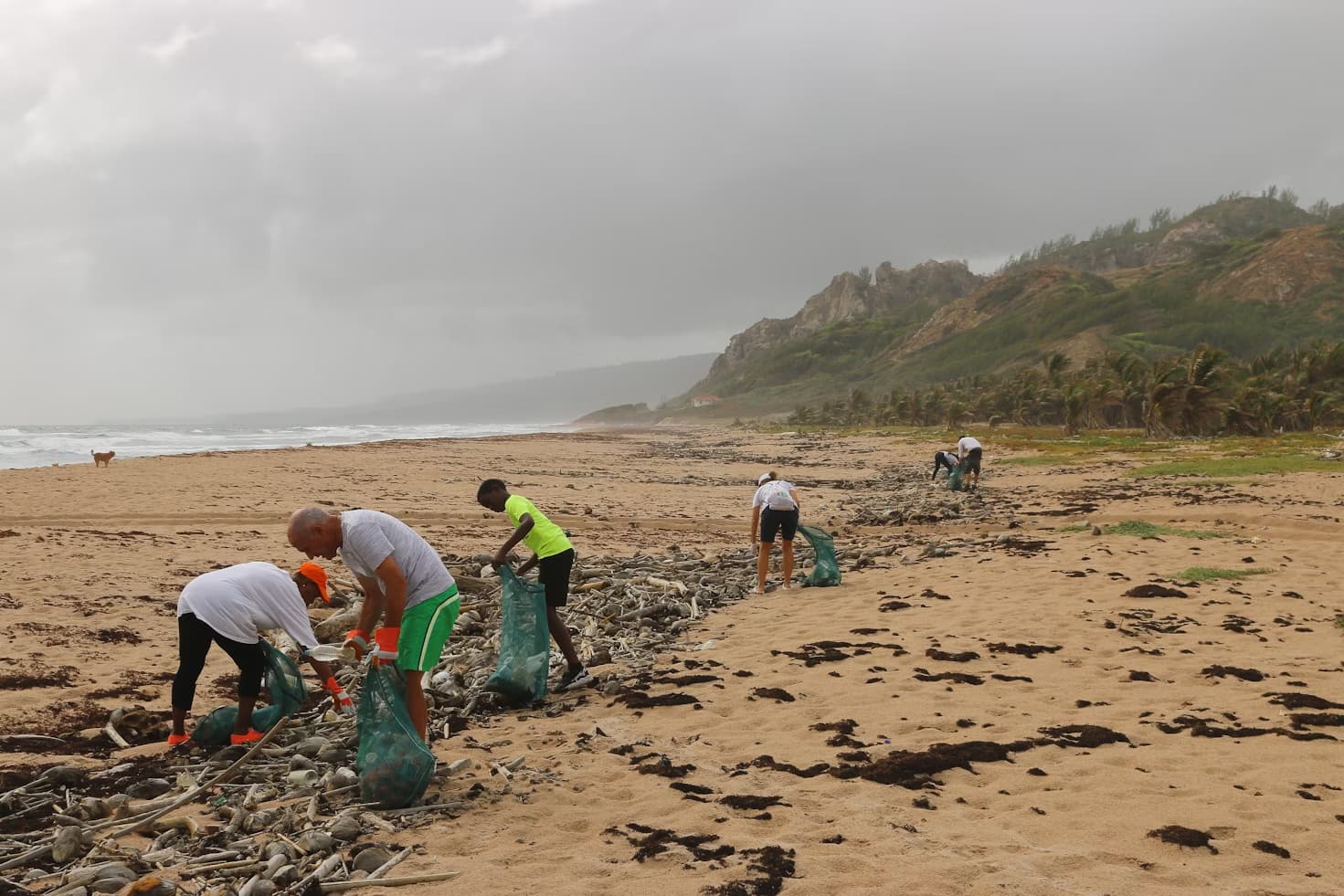Maritime security is an essential part of global safety, protecting the world’s oceans, seas, and waterways from a wide range of threats. These threats include illegal fishing, piracy, smuggling, pollution, and even terrorism. While governments and professional naval forces typically manage maritime security, an increasing number of volunteers are stepping forward to help guard the oceans. With advancements in technology and a growing awareness of the need to protect these critical areas, volunteers are playing a vital role in maritime security efforts. Resources like Marine Traffic help them monitor vessel movements in real time, allowing volunteers to assist in ensuring the safety of global waterways.
This rise in voluntary participation in maritime security reflects a broader trend of ordinary citizens becoming more involved in global environmental and security issues. Volunteers, often from coastal communities, are taking on a range of roles to support government efforts in securing oceans, and their involvement is proving to be an invaluable resource. These volunteers are motivated by a desire to protect their environment, safeguard their communities, and ensure that the oceans remain a safe and productive space for global commerce and local fishing alike.
The importance of maritime security cannot be overstated. With over 90% of global trade conducted by sea, the safe and secure movement of goods across the oceans is crucial to the global economy. Threats to maritime security can have far-reaching consequences, from disrupting international supply chains to devastating local fishing economies. Volunteers working alongside official authorities help prevent these risks from becoming reality, offering their time, expertise, and dedication to an often underappreciated yet essential cause.
Supporting Maritime Law Enforcement
In many countries, especially those with limited resources, government agencies responsible for patrolling vast maritime areas are often stretched thin. Volunteers can be instrumental in assisting these agencies by providing an extra set of eyes and ears on the water. Through partnerships with local law enforcement and coast guards, volunteers help monitor and report suspicious activities, such as illegal fishing or unregistered vessels.
Volunteers in maritime security are often trained to understand international maritime laws and regulations, enabling them to recognize violations such as illegal fishing or unauthorized shipping routes. By alerting authorities, they help ensure that offenders are caught and prosecuted, thus contributing to the deterrence of future crimes.
Some volunteers operate small patrol boats or even drones, providing surveillance capabilities to cover vast stretches of ocean that might otherwise go unmonitored. These volunteer efforts are especially critical in areas where government enforcement is limited due to financial constraints or geographic challenges.
Combating Illegal Fishing
One of the most common areas where volunteers make a significant impact is in combatting illegal, unreported, and unregulated (IUU) fishing. IUU fishing is a global problem that undermines sustainable fishing practices, damages marine ecosystems, and threatens food security for millions of people worldwide. Volunteers work alongside official agencies to track and report suspicious fishing activities, particularly in areas where illegal fishing is rampant.
In many coastal communities, local fishermen often volunteer to patrol their own waters, ensuring that foreign vessels do not overfish or use destructive fishing methods such as dynamite or trawling, which can destroy underwater habitats. In some cases, volunteer patrols have successfully driven illegal fishing operators out of protected marine areas, allowing local ecosystems to recover.
Technology has greatly improved the ability of volunteers to identify illegal fishing. Through satellite tracking systems and apps that provide real-time data on vessel locations, volunteers can now track fishing vessels and report those that appear to be operating without proper authorization. This collaboration between volunteers and authorities creates a stronger, more responsive network for deterring and addressing illegal fishing activities.

Tackling Pollution and Environmental Crimes
Environmental crimes, such as illegal dumping of hazardous waste and oil spills, are also a significant concern in maritime security. Volunteers play a critical role in identifying and responding to these incidents, often working with environmental agencies to monitor pollution levels and report violations.
In some cases, volunteers assist in cleanup efforts after oil spills or other environmental disasters. These efforts not only protect marine life and ecosystems but also demonstrate the powerful impact of community involvement in safeguarding local environments. Additionally, volunteers often act as environmental stewards, educating local communities about the importance of preventing pollution and the consequences of environmental degradation.
Volunteers frequently use technology to enhance their environmental monitoring capabilities. Drones and satellite imaging tools help them monitor large stretches of coastline, detecting illegal dumping activities that might otherwise go unnoticed. With this technology, volunteers can quickly alert authorities to violations, enabling faster responses to environmental crimes.
Engaging in Anti-Piracy Efforts
Piracy remains a significant threat in certain parts of the world, particularly along the coasts of Africa and Southeast Asia. While the bulk of anti-piracy operations are handled by naval forces, volunteers often play a supportive role. In coastal regions where piracy is prevalent, volunteers may assist in monitoring maritime traffic and providing early warnings to authorities about suspicious vessels.
Local communities sometimes form volunteer watch groups that operate alongside formal security forces to identify potential pirate activities. These groups are particularly effective in high-risk areas where pirates target smaller vessels. Volunteers in these regions often know the local waters intimately, making them a valuable resource for detecting unusual activities that could signal an impending pirate attack.
Volunteers are also instrumental in spreading awareness about the dangers of piracy, particularly among local fishermen and small-scale shipping operators. Through educational programs and community outreach, volunteers help ensure that local populations understand how to recognize the signs of pirate activity and how to avoid becoming targets.

Building Stronger Coastal Communities
One of the greatest advantages of volunteer-driven maritime security efforts is the strengthening of coastal communities. When volunteers engage in security operations, they are not just protecting the oceans but also building resilience in their own communities. By patrolling local waters, educating fellow citizens about maritime laws, and helping protect vital marine resources, volunteers contribute to the long-term sustainability of both the environment and their local economies.
Locally-driven maritime security efforts help cultivate a sense of ownership and accountability within coastal communities. When individuals are actively involved in safeguarding their own waters, they are more inclined to back larger conservation and security initiatives. This grassroots engagement is crucial for the sustained success of maritime security measures.
Volunteers, particularly in coastal and island communities, serve as the first line of defense against threats to maritime security. Their local knowledge, passion, and commitment to preserving their surroundings make them an invaluable asset to global efforts in maintaining safe and secure waterways.
The Future of Volunteering in Maritime Security
As maritime security challenges continue to evolve, the role of volunteers will likely become even more important. Advancements in technology, such as improved surveillance tools and real-time data sharing platforms, will enable volunteers to play an even greater role in monitoring and protecting global waterways.
The collaboration between volunteers, local authorities, and international organizations will continue to grow, fostering a more inclusive and comprehensive approach to maritime security. Volunteers, equipped with technology and supported by training, are proving that citizens can make a real difference in securing our seas. Their dedication and vigilance are vital to ensuring that the world’s oceans remain safe for future generations.

